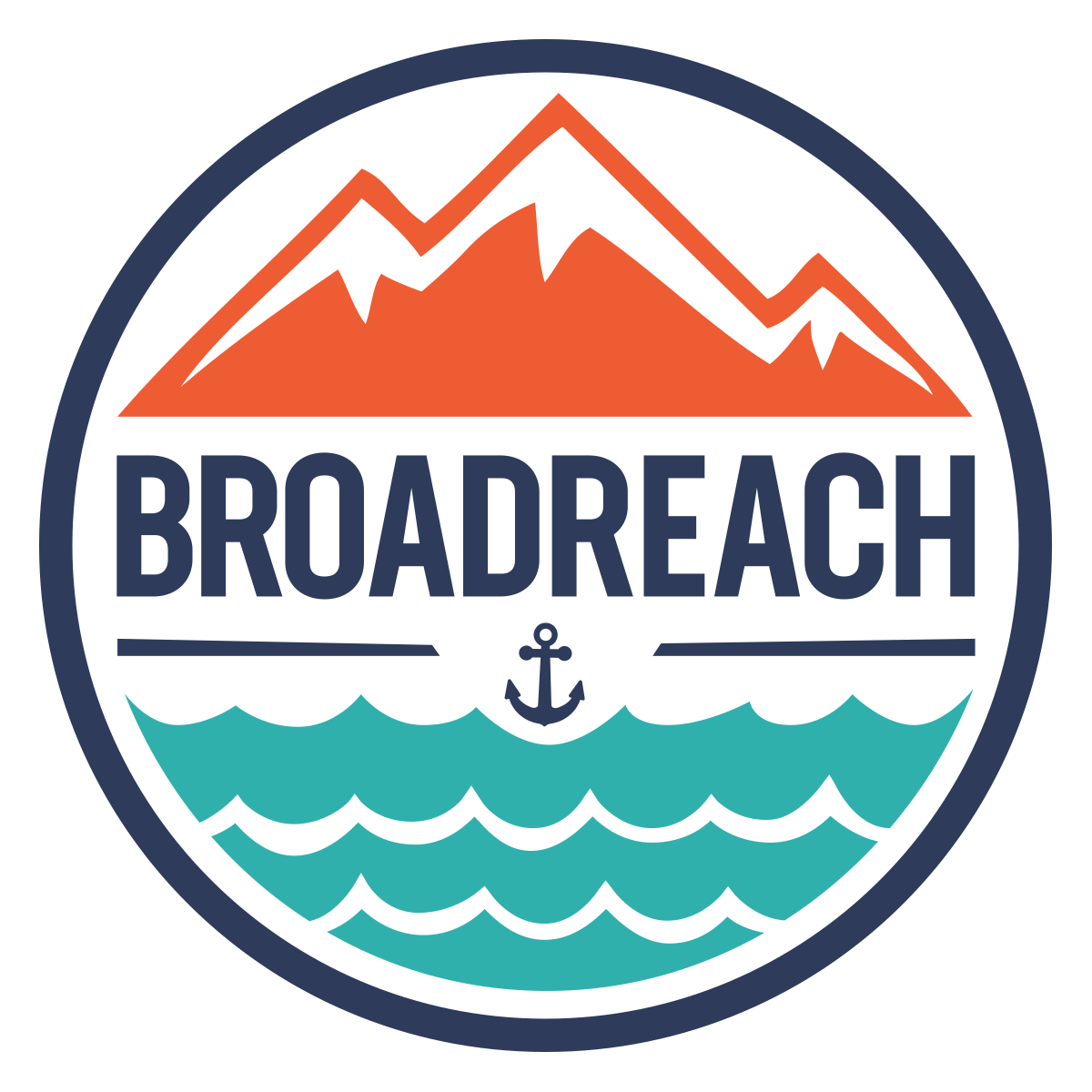Contact Us
919-256-8200
brhq@gobroadreach.com
302 Jefferson Street, Suite 110
Raleigh, N.C. 27605 USA

- © 2025 Broadreach, Inc.
- Legal
- Privacy Policy
- Sitemap
- Jobs
All programs include at least two knowledgeable and fun instructors who are skilled in the ability to teach, lead and relate to students while also maintaining control in various situations. Our instructors have extensive travel experience, are trained in risk management and are committed to providing incredible student experiences. You can read more about our summer instructors here.
Food options will vary depending on the program location, and Broadreach strives to provide nutritious and delicious meals to our students. Whenever possible, we steer away from highly processed foods and offer as many healthy options as we can. We are very well versed in accommodating any food-based restrictions students might have. Some programs offer students opportunities to provision and learn how to cook for groups, while other programs take advantage of delicious local cuisine. While some programs are heavy on one or the other, we try to incorporate both into every trip. Occasionally, students will have opportunities to have a meal on their own if they choose while exploring town. Broadreach will always provide a meal option, but there are times when students choose to spend their own money while exploring town in small groups.
Students will stay in a variety of accommodations depending on their program. Please note that no matter where students are staying, our program coordinators work hard to make sure students will be safe and comfortable. We have two primary categories of accommodations:
As a team, we sat around trying to figure out how to give a succinct list of all of the incredible adventures we do on programs. Long story short: everything our students do, from the moment they touch down at the airport until the moment they travel home, is included in the tuition. Whether they are flying down a zipline in Costa Rica, scuba diving on an epic coral reef in Bali, funyaking down a wild river in Fiji or honing their wakeboarding skills in the Caribbean, they won’t have to miss out on a minute of fun!
Students on our introductory scuba programs or Caribbean liveaboard programs will receive everything they need for successful scuba, including a mask, fins, snorkel, wetsuit, BCD, regulator, dive computer and, of course, weight belts and weights. We even provide a flashlight for any night diving! In the Caribbean, students are fitted when they arrive in our storeroom at our base in St. Martin. On sailing-only programs, Broadreach supplies all the snorkel gear you need. For our non-liveaboard, advanced diving programs, students should plan to bring their own mask, fins, and snorkel; Broadreach can still provide wetsuits, BCDs, regulators, weights, and dive computers. For these programs, gear is typically sent to your home address for you to bring with you to the program.
Upon enrollment, a complete packing list will be provided along with any program-specific details. Have question? Give us a call!
We will automatically process any core PADI dive certifications that students earn, and the physical certification cards will be mailed directly to your house at the end of the summer. Any specialty certifications earned on the program can be processed by request.
Our high school marine biology, wildlife biology and vet medicine programs offer anywhere between 1-3 college credits from our partner Lesley University. When your student passes their course, we will send a confirmation of their grade, credit hours and details on how to obtain an official transcript from Lesley (this is usually available in October). The transcript can be sent to any future college or university directly from the registrar at Lesley.
While students are the field, Broadreach provides 24/7 support to our instructors, students and families. You can reach us day or night, with anything from a packing question to an urgent message.
While your student’s experience with Broadreach may only be a few weeks during the summer, we spend the rest of the year making sure that your program is well planned, that the risks are measured, and that the student experience abroad and the parent experience at home is organized and communicated effectively.
Students travel from all over the U.S. and, in some cases, the world to join us on a program and so the cost of travel to the program can vary a lot. Also, many families like to use their own options for flights (vouchers, miles, etc) and so we like to leave their options open. Program coordinators can always advise on an approximate flight cost for a specific program.
We strongly recommend purchasing travel insurance to further protect your investment. For the most comprehensive coverage, you should do this at the time of your enrollment.
If you want it, we suggest bringing $150-$200 for souvenirs, treats and food in the airport on travel day.
This could include any extra medical care should the need arise.
302 Jefferson Street
Suite 110
Raleigh NC 27605
USA
Monday – Friday:
9 A.M. – 5 P.M. EST
919-256-8200
brhq@gobroadreach.com
302 Jefferson Street, Suite 110
Raleigh, N.C. 27605 USA
